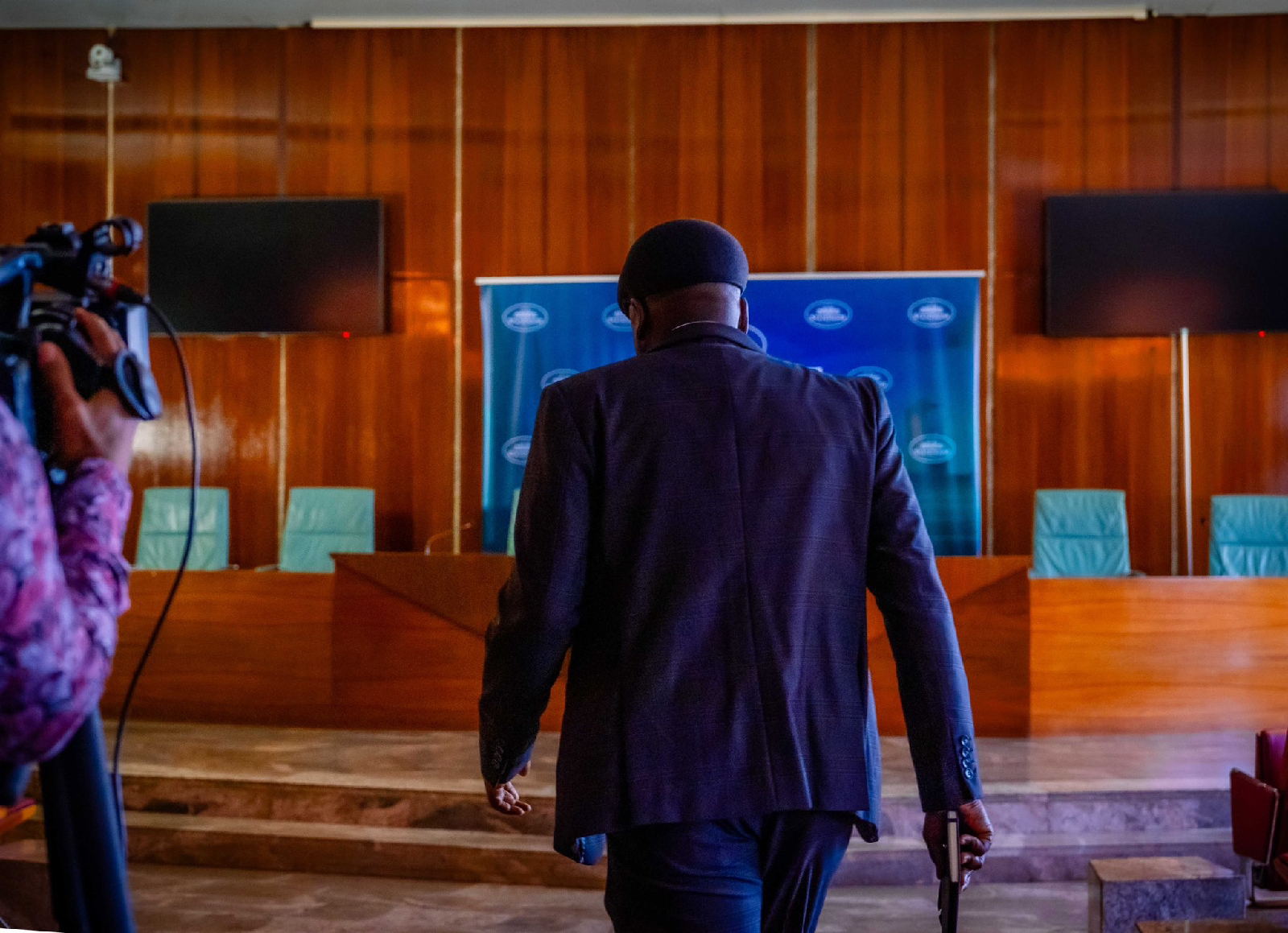Tinubu’s Adviser Appointment Sparks Criticism from Atiku’s Camp
A fresh wave of criticism has emerged from the camp of former Vice President Atiku Abubakar, targeting Daniel Bwala over his redesignation as Special Adviser on Policy Communication to President Bola Tinubu. Phrank Shaibu, Special Assistant on Public Communication to Atiku, openly questioned the significance of Bwala’s new role, suggesting it lacked substance.
Shaibu, in a post on the social media platform X (formerly Twitter), labeled Bwala’s appointment as symbolic of a government with no clear policies to communicate. “Speed without control leads to ruin," Shaibu wrote. "In a government that names someone an S.A. on Policy Communication, one must ask: what policies are there to talk about?”
The remark insinuated that the current administration under President Tinubu lacks well-defined or actionable policies for the appointee to explain to Nigerians. Shaibu further described Bwala’s redesignation as equivalent to being a "Special Adviser on Nothing," reinforcing his critique of what he perceives as a hollow appointment.
The criticism comes on the heels of an announcement by Tinubu’s Special Adviser on Information and Strategy, Bayo Onanuga, regarding the reorganization of the presidential media team. According to Onanuga, Sunday Dare, who previously served as Special Adviser on Public Communication and National Orientation, now holds the title of Special Adviser, Media and Public Communications. Daniel Bwala, initially introduced as Special Adviser, Media and Public Communication, was reassigned as Special Adviser on Policy Communication.
This restructuring, Shaibu argues, raises questions about the strategic priorities of the Tinubu administration and the specific roles these advisers are expected to play in shaping public discourse.
Critics of the Tinubu administration have often pointed to what they describe as a lack of coherent policies and vision, claims that appointments like Bwala’s appear to amplify. Shaibu’s sharp commentary reflects broader skepticism among opposition figures about the effectiveness of the administration’s communication strategy.
Observers note that such critiques underscore the polarized nature of Nigeria’s political landscape, where every appointment or policy move becomes a flashpoint for partisan debate. For now, the spotlight remains on whether the Tinubu administration will address these concerns and demonstrate a clear, actionable policy agenda for the nation.




Comments
Post a Comment